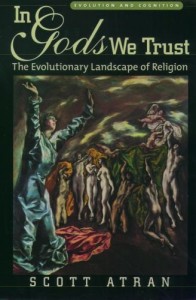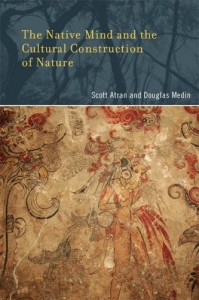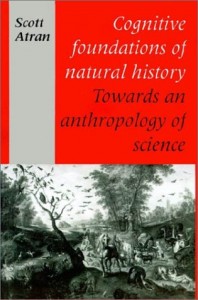
When Nukes Become Sacred
The psychology behind Iranian support for the country's nuclear program
Newsweek, Sharon Bagley, 8 January 2010
With sacred values, this cost-benefit calculus is turned on its head, explains anthropologist Scott Atran of the National Center for Scientific Research in Paris, who has studied Islamic terrorist groups. When Atran asked Palestinians if they would be willing to give up their claims to Jerusalem (a sacred value) in return for their own state, most said no, and—here is where the topsy-turvy thinking caused by sacred values came in—when he then asked if they would give up Jerusalem if the U.S. and Europe also gave every Palestinian family substantial financial assistance for a year, even fewer said yes. That is in sharp contrast to the rational-actor perspective that has long dominated diplomacy (and economics).
Continue reading “Journal: Iran, Sacred Nukes, & US Ignorance”







